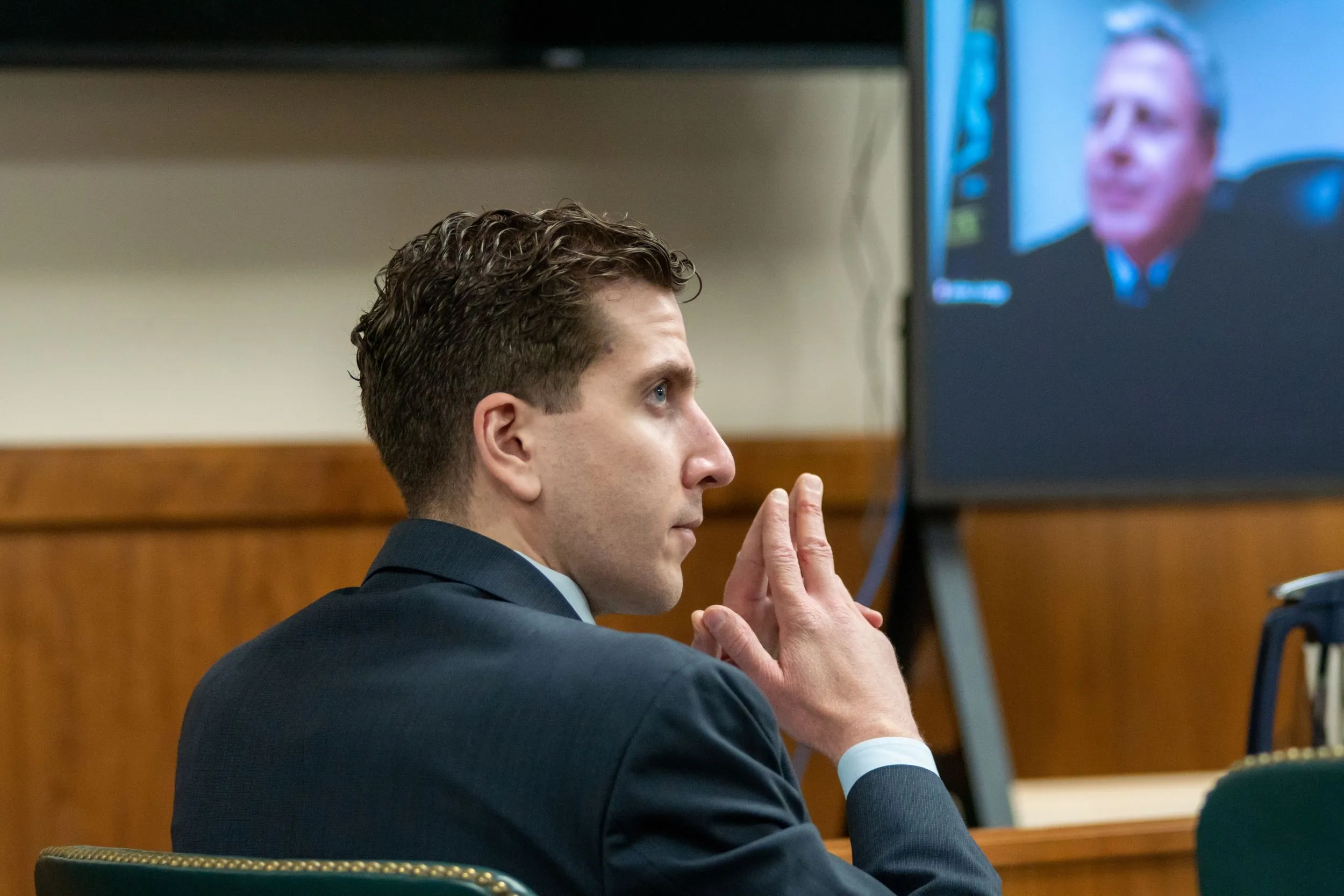Shocking Developments in the Bryan Kohberger Case: What You Need to Know
In a case that has captivated the nation, Bryan Kohberger stands accused of the brutal stabbing murders of four University of Idaho students: Ethan Chapin, Xana Kernodle, Madison Mogen, and Kaylee Goncalves. The tragic events unfolded on November 13, 2022, and have since sparked intense media scrutiny and public discourse surrounding crime and justice in America.
Kohberger, a former PhD student in criminology, was arrested in December 2022 in Pennsylvania. His arrest followed a meticulous investigation that linked his DNA to a knife sheath discovered at the crime scene. Since then, Kohberger has maintained his innocence, and the case has unfolded in a highly publicized manner, raising numerous questions about legal ethics, psychological profiles, and the implications of modern forensic techniques.
The trial, now set to take place in Boise, Idaho, was moved from Latah County due to concerns over pre-trial publicity. This decision reflects the high-profile nature of the case, which has drawn national attention. As the trial date approaches, it is expected to attract significant media coverage and public interest, highlighting the shocking nature of the crimes and the complex legal strategies employed by both the defense and prosecution.
Recent court rulings have upheld crucial evidence against Kohberger, including DNA linked to the crime scene. However, his defense team has raised concerns regarding unidentified male DNA samples found at the scene. They argue that this evidence could potentially undermine the prosecution’s case, leading to heated debates about the reliability of forensic evidence in high-stakes trials.
In a recent development, an Idaho judge unsealed transcripts from a closed-door hearing where Kohberger’s defense challenged the use of investigative genetic genealogy in the case. This technique, which has become a controversial topic in recent years, involves analyzing genealogical databases to identify suspects based on DNA evidence. Critics have raised ethical concerns about privacy and the implications of using such databases for criminal investigations.
The autopsies conducted on the four victims revealed that they were likely asleep during the attack, with some showing defensive wounds. This detail adds a layer of horror to the case and has fueled public outrage, with families of the victims expressing their desire for justice. Many have publicly supported the prosecution’s efforts to hold Kohberger accountable for the murders, emphasizing the need for a thorough and fair trial.
As the legal proceedings continue, the prosecution has indicated that they will seek the death penalty if Kohberger is convicted. This severity underscores the gravity of the charges he faces, which include four counts of murder. The stakes are high, and the outcome of the trial could have significant implications for the families involved and the broader community.
In light of the intense media coverage and public interest, a gag order has been issued by the judge. This order prohibits all parties involved from discussing the case publicly, aiming to ensure a fair trial amidst the swirling narratives and opinions surrounding the case. The legal team for Kohberger has also raised concerns about the methods used to obtain DNA evidence, arguing that law enforcement did not secure proper warrants for analysis, which could impact the admissibility of evidence in court.
As the trial approaches, discussions continue about the ethical implications of using genealogical databases for criminal investigations. The Kohberger case serves as a focal point for broader conversations about privacy, the role of technology in law enforcement, and the balance between solving crimes and protecting individual rights.
In conclusion, the Bryan Kohberger case is a complex and evolving legal battle that has captured the attention of the nation. As the trial date nears, the interplay of forensic evidence, legal strategies, and public sentiment will undoubtedly shape the proceedings. For many, this case is not just about one man’s guilt or innocence, but about the broader implications for justice and the legal system in America. The families of the victims continue to seek closure, while the nation watches closely, awaiting the next chapter in this shocking and tragic story.






Leave a Comment